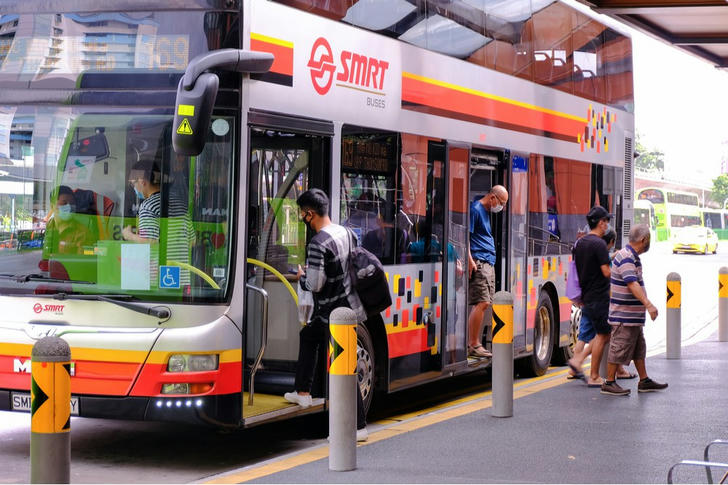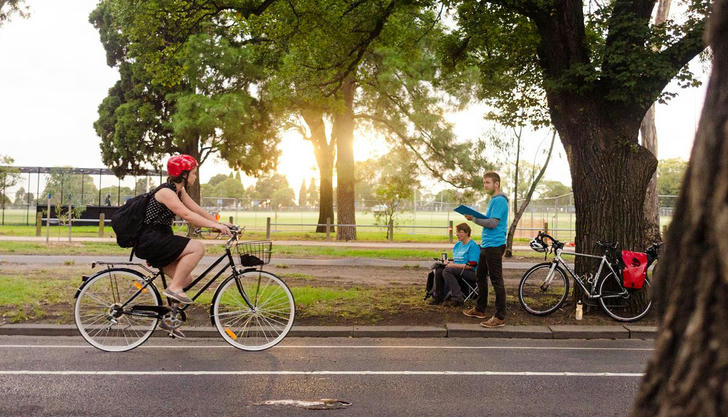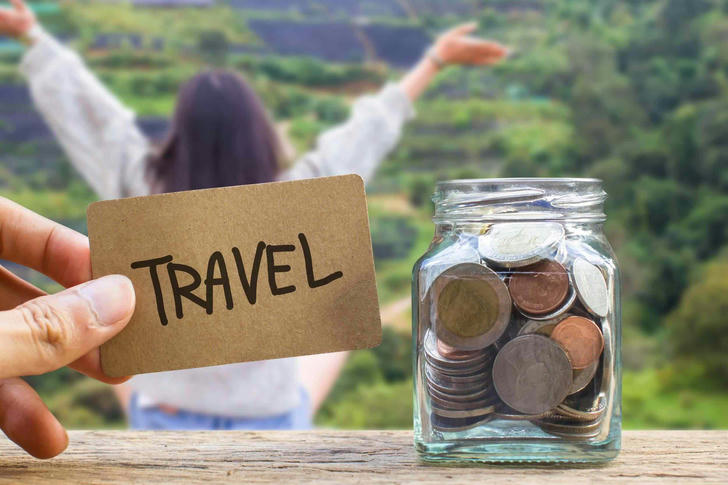How to Save on Travel Expenses: Tips and Tricks for Budget-Friendly Adventures

Traveling doesn’t have to break the bank. With some smart planning, research, and a few savvy techniques, you can enjoy memorable experiences without overspending. This guide will explore effective ways to save on travel costs, stick to your budget, and make the most of your adventures.
1. Plan Ahead for the Best Deals
One of the best ways to save money on travel is to plan ahead. Here are a few planning tips to keep costs low:
a)Book Flights Early

Airline prices fluctuate, so book flights in advance to lock in lower rates. Many experts recommend booking domestic flights at least 1-3 months in advance and international flights 3-6 months ahead. Set price alerts to monitor fares and book when prices drop.
b) Travel Off-Peak
Avoid traveling during peak seasons, such as holidays or summer, as flights and accommodations are generally more expensive. Off-peak travel not only saves money but also allows you to enjoy your destination with fewer crowds.
c) Be Flexible with Dates
If your schedule allows, be flexible with travel dates. Flying mid-week or choosing alternative dates can lead to significant savings on flights and accommodations. Use search engines like Skyscanner or Google Flights to explore cheaper options.
2. Save on Accommodation
Accommodation can be a major expense, but there are ways to find budget-friendly options without sacrificing comfort.
a)Opt for Budget Hotels or Hostels

If luxury isn’t a priority, consider staying at budget hotels, hostels, or guesthouses. Many hostels offer private rooms at much lower rates than hotels, and some even have shared kitchen spaces, allowing you to save on meals.
b) Use Alternative Lodging Platforms
Consider booking a vacation rental through platforms like Airbnb or Vrbo, which often provide more space at a lower cost than traditional hotels. Some rentals even offer amenities like kitchens, which can help reduce food expenses.
c)Try House Sitting or Couchsurfing

House sitting and Couchsurfing are excellent options for the adventurous. House sitting allows you to stay for free while taking care of someone’s home or pets, and Couchsurfing connects travelers with locals who offer free accommodation. Both options are low-cost and provide unique cultural experiences.
3. Smart Transportation Choices
Getting around in your destination can add up quickly, so opt for affordable and efficient transportation options.
a)Use Public Transport

Public transportation is often the most economical way to get around. Many cities offer unlimited daily or weekly passes for buses, trains, or subways. Public transit is also a great way to experience local life.
b)Consider Walking or Biking

Walking and biking are budget-friendly and allow you to explore the city at your own pace. Some cities have bike rental stations or apps where you can rent bikes at an affordable price. Plus, walking or biking is an excellent way to see lesser-known spots.
c) Rent Cars Wisely
If renting a car is necessary, compare rates on various platforms like Kayak or Rentalcars.com. Consider renting from local companies, which are often cheaper than larger chains. Also, check if your credit card offers car rental insurance to avoid paying for extra coverage.
4. Save on Food and Dining
Eating out can quickly deplete your budget, but with a few tricks, you can enjoy local flavors without overspending.
a) Shop at Local Markets
Visit local markets and grocery stores to buy fresh produce, snacks, and ingredients for quick meals. This approach is often cheaper than dining out, and it’s a great way to discover local specialties.
b) Cook Your Own Meals
If you’re staying in accommodation with a kitchen, take advantage of it by cooking some of your meals. This can help you save considerably, especially if you’re traveling with family or a group.
c) Eat Like a Local
Avoid touristy restaurants and instead, dine where the locals go. Local food stalls, markets, and small eateries often offer authentic dishes at reasonable prices. Not only will you save money, but you’ll also have a more authentic culinary experience.
5.Explore Free or Low-Cost Activities

Many popular destinations offer free or affordable activities that allow you to experience the local culture without high costs.
a)Visit Free Attractions
Research free attractions, like parks, beaches, and museums with free admission days. Many cities also offer free walking tours, where you can explore historic sites or neighborhoods with knowledgeable guides.
b) Take Advantage of City Passes
Many tourist destinations offer city passes that bundle entry to major attractions at a discounted rate. City passes may also include transportation options, making them a cost-effective way to explore.
c) Seek Out Local Events
Look up local events, such as festivals, street performances, or free concerts. These events are often free or low-cost and provide a glimpse into the local culture and traditions.
6. Use Technology for Extra Savings
Apps and online resources can help you find discounts, deals, and manage your travel expenses more effectively.
a) Use Deal Websites
Websites like Groupon and LivingSocial often feature local deals on dining, activities, and entertainment. These platforms can save you money on attractions you may already be planning to visit.
b) Leverage Travel Reward Programs
If you travel often, join airline, hotel, and credit card reward programs. Accumulating points can earn you discounts, free nights, or even free flights over time. Some credit cards also offer cashback on travel-related purchases.
c) Use Budget-Tracking Apps
Apps like Splitwise, Trail Wallet, or TravelSpend can help you track your expenses and keep to your budget. With real-time insights into your spending, you can make better financial decisions while traveling.
7. Plan for Unexpected Expenses
Even with the best budgeting, unexpected expenses can happen. Here’s how to be prepared:
a) Set Aside an Emergency Fund
Set aside a small portion of your travel budget for unexpected expenses, such as medical costs, unexpected transportation needs, or last-minute accommodation changes.
b)Consider Travel Insurance

Travel insurance covers unexpected costs, such as medical emergencies or trip cancellations. While it may seem like an extra expense, it can save you money in the long run by covering unforeseen incidents.
Final Thoughts: Embrace Budget-Friendly Travel

Traveling on a budget doesn’t mean sacrificing fun or comfort. By planning ahead, using resources wisely, and embracing local culture, you can make the most of every dollar and have a rewarding travel experience. Happy travels!
